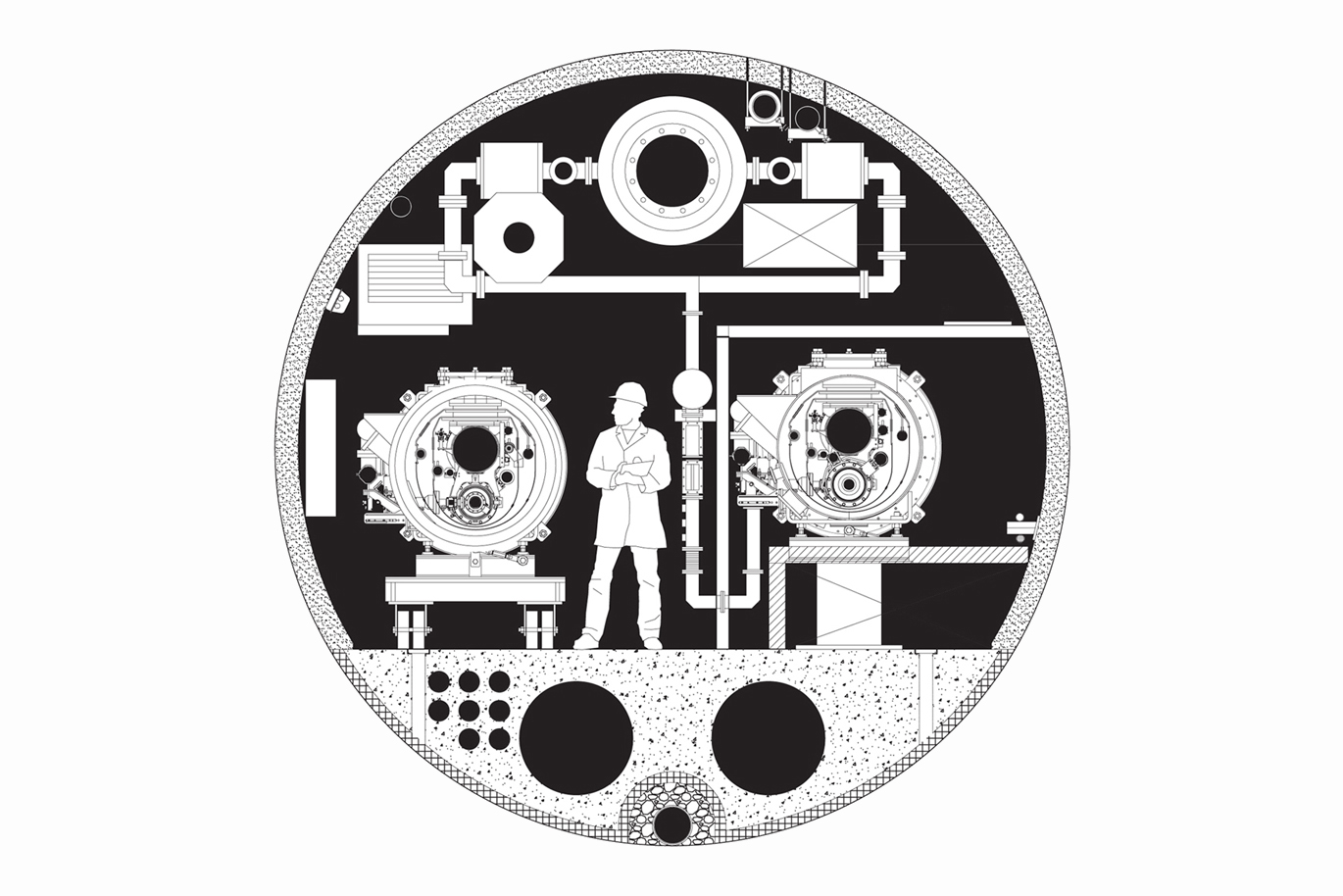Andrew Toland, Melissa Cate Christ and Susanne Trumpf are pleased to announce that our submission to TOURETTE#00, ‘What’s the matter?’ has been accepted as a finalist for the guest editing of one issue of the journal. Read below our text and find the full ‘call for calls’ published on the journals’ website.

‘What’s the matter?’
As in other disciplines, a new ‘new materialism’ has been emerging in architecture and related design practices which is attempting to grapple with what it means to live in the Anthropocene under the conditions of the Great Acceleration. How do we design in situations of scarcity? What is an architecture addressed to the fundamental conditions of existence rather than to signification and symbolic order? How do designers manipulate and operate within the physical world of matter in circumstances where the dynamic reality of material processes is constantly pressing on us at the species level? And at the end of the day, will it – and can it – matter? At the same time, our very conception of the material world has become increasingly unmoored through recent developments at the extreme ends of the scale, in particle physics and astrophysics. With the 2013 confirmation of the Higgs boson by scientists at the Large Hadron Collider, and the recent announcement of actual observations confirming the ‘smoking gun’ of cosmic inflation, dark energy and dark matter appear to have exited the theoretical and entered into our empirical realm, even if physicists are still unable to fully grasp their consequences (not to mention philosophers, cultural theorists or designers). This issue of Tourette asks whether any of our (design) efforts – material, ethical, social – will, in the end, matter. In the face of a global scale agency of exploitation, an increasing and migratory population, and environmental and biodiversity destruction, in addition to climate change and its attendant effects(1), what are we to do (in the hopes of saving ourselves and our way of life)? And following Collings, if it is too late to take action, would we do the same things? Could the answer be no, that without a future, we would take a very different approach to the past?
(1) See David A. Collings, Stolen Future, Broken Present: The Human Significance of Climate Change (Open Humanities Press, Ann Arbor MI, 2014).
title image: International Linear Collider, Section by Andrew Toland

